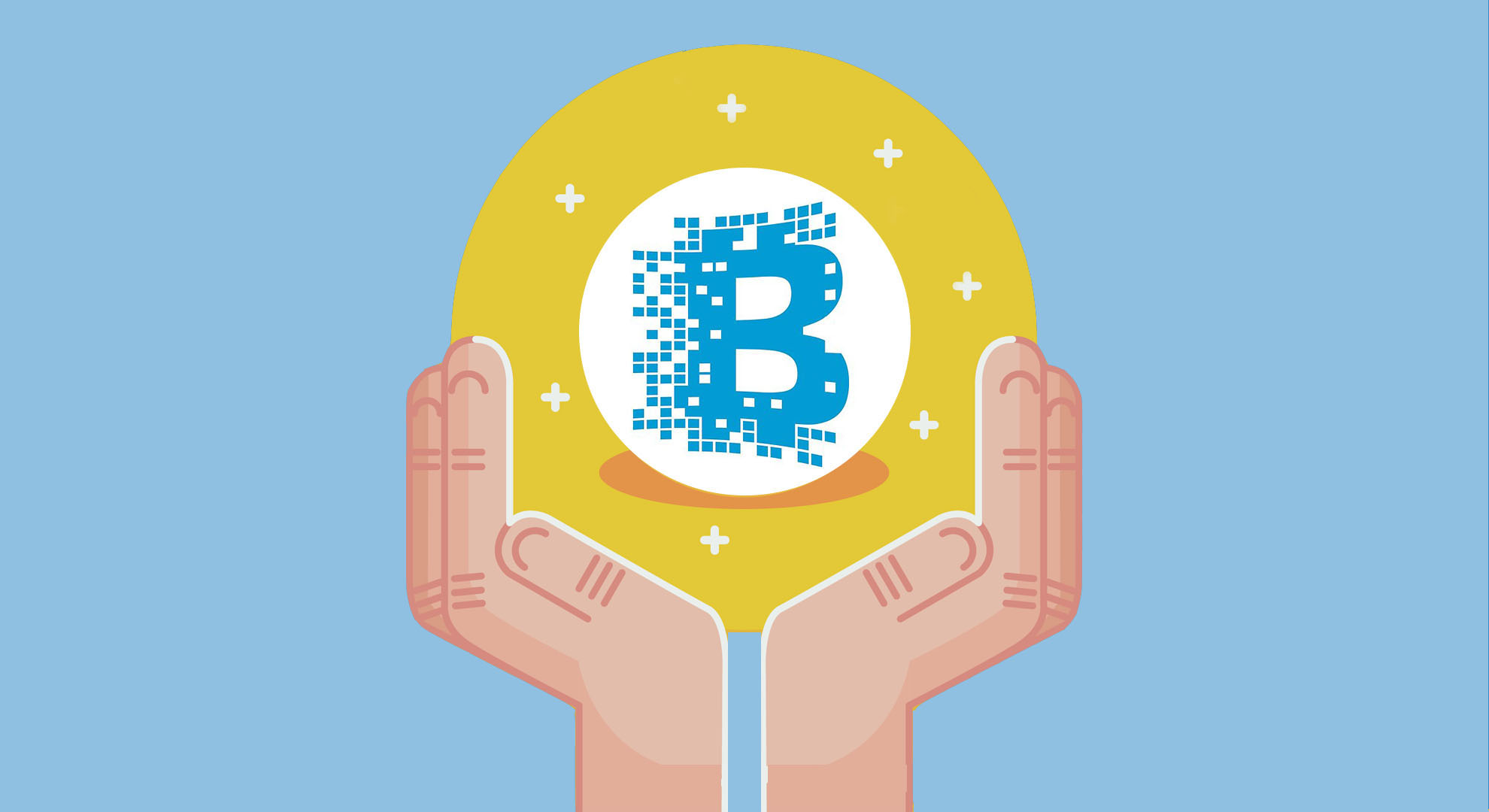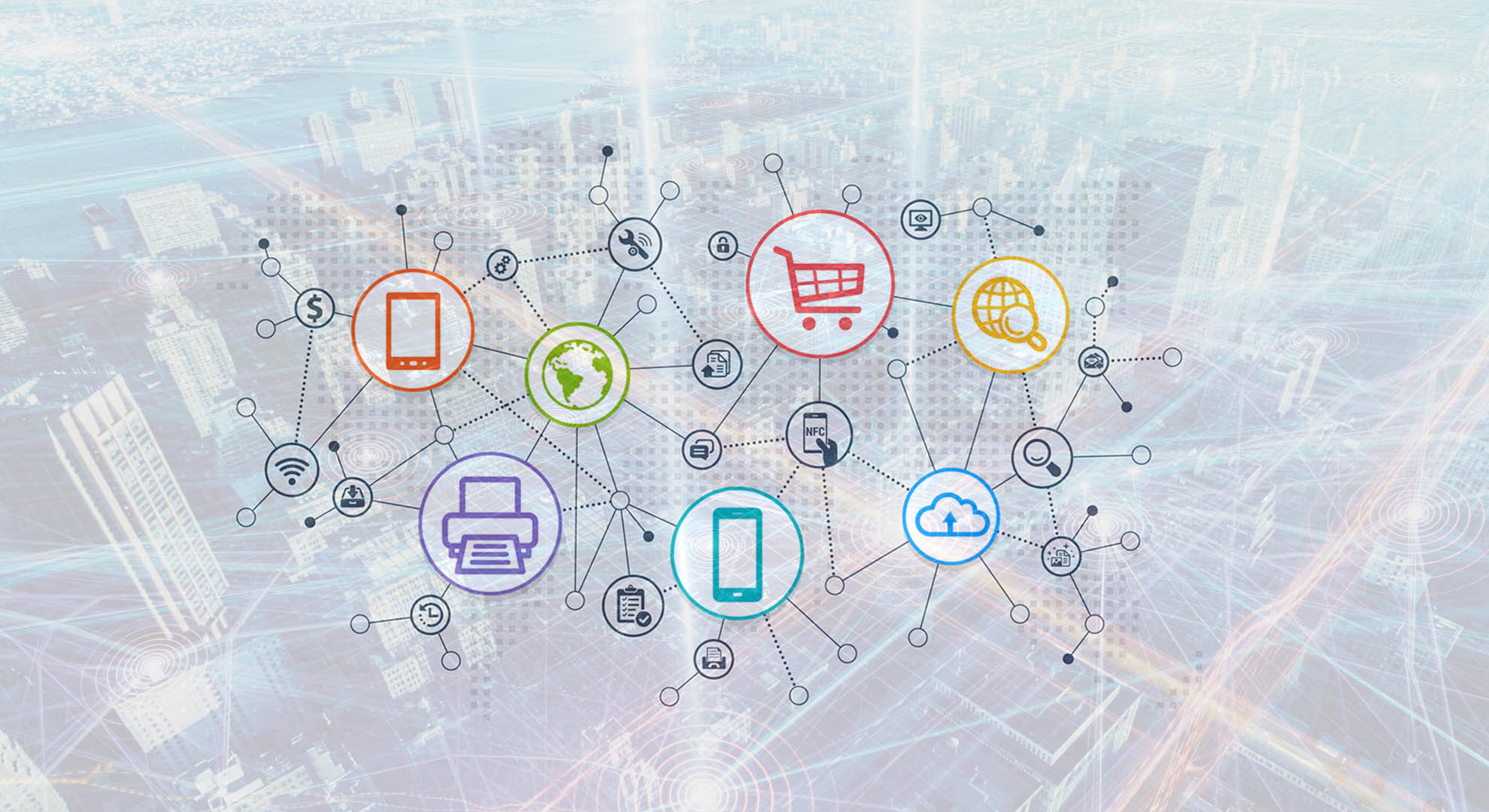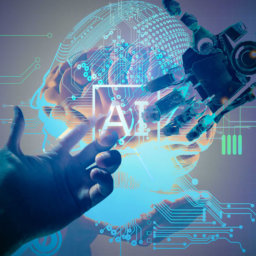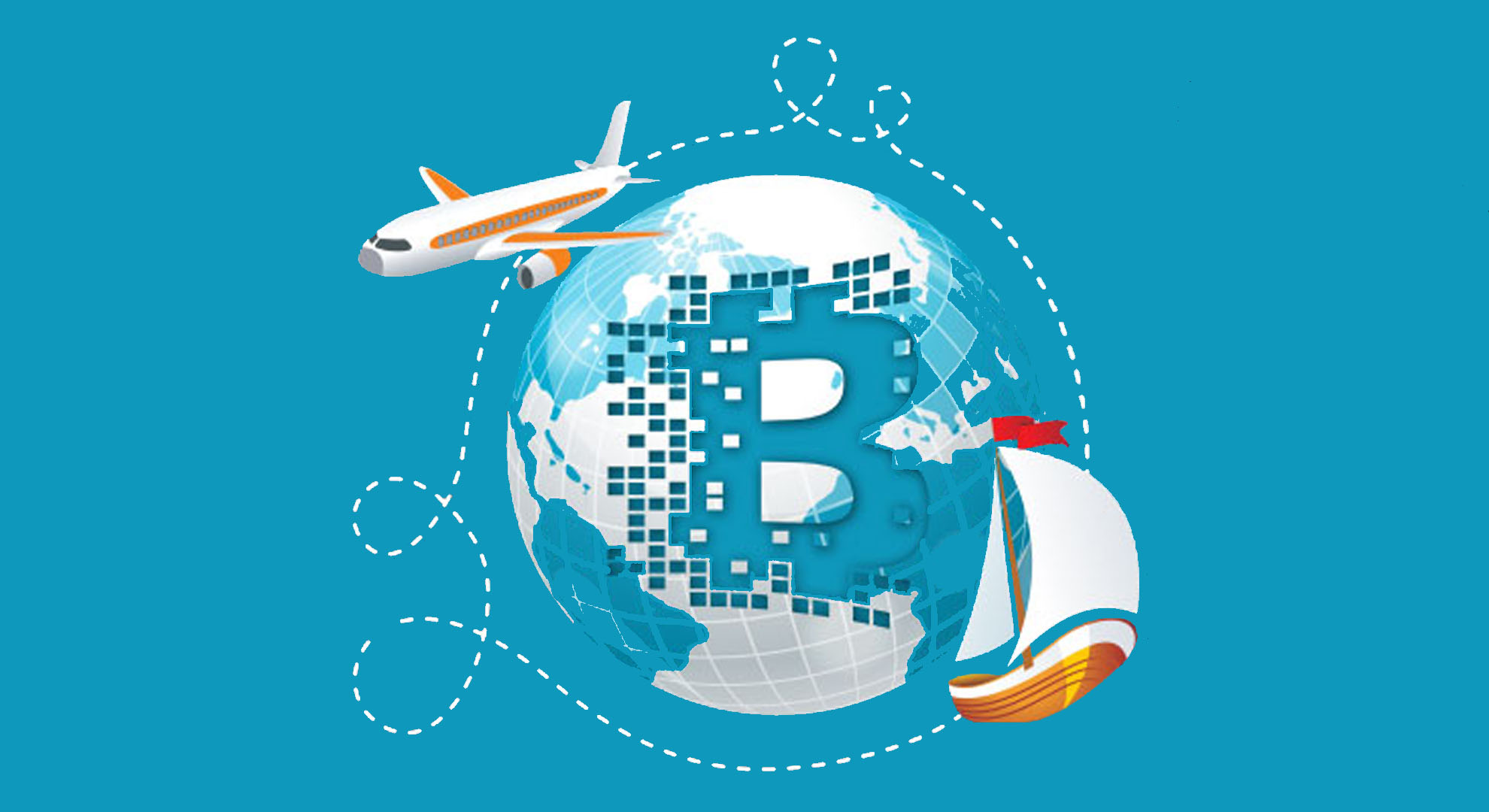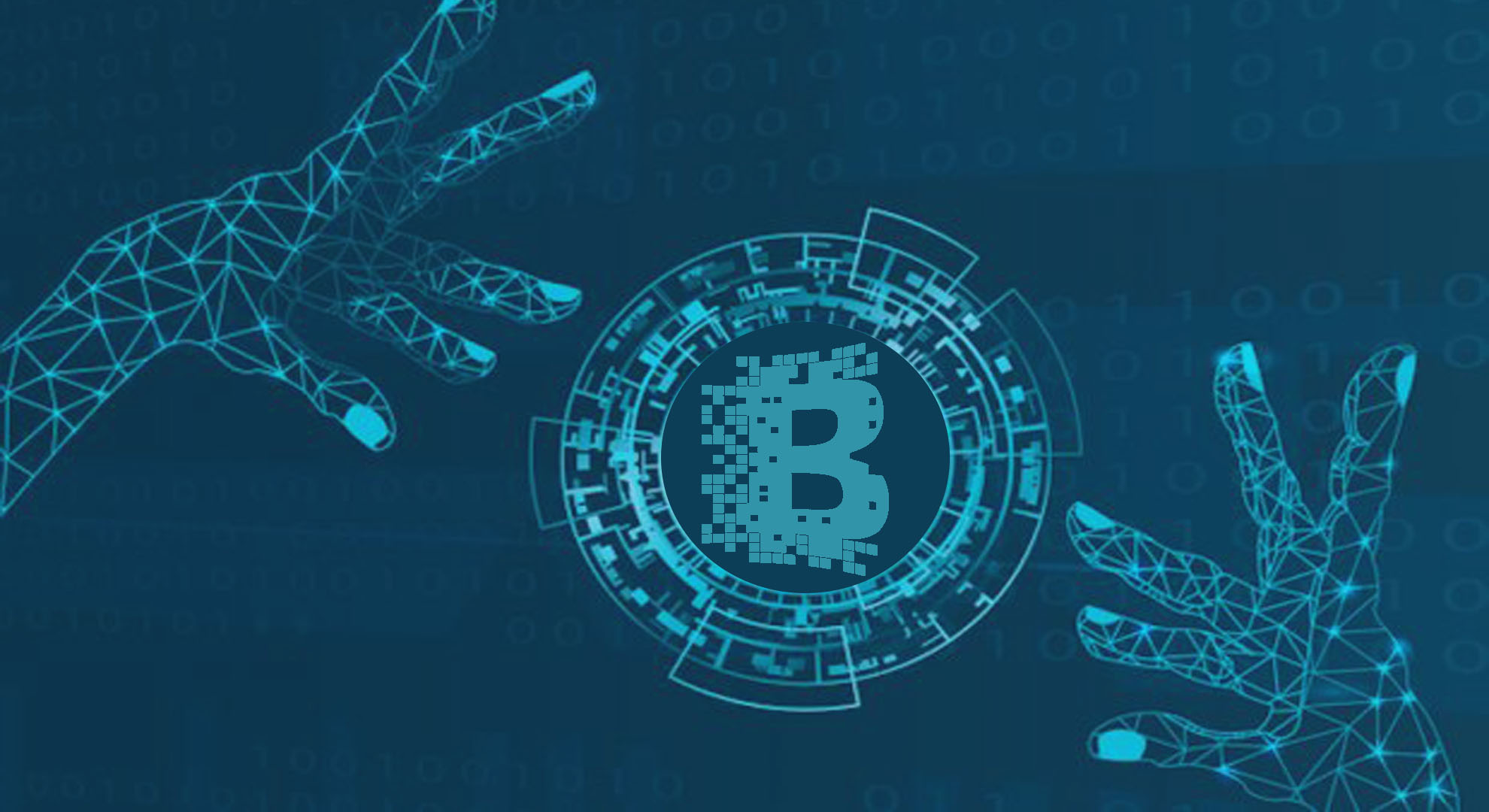Though mobile app development trends are constantly in flux and nothing is permanent here, these trends are mainly defined and ruled by demand. For example, the pandemic that started last year and is continuing to date has given rise to many remote collaboration apps such as Zoom, Google’s Meet, Microsoft Teams, and many others.
On the other hand, some trends that have remained in the forefront for quite a few years will continue their reign this year too. A couple of movements like the 5G network and foldable devices have been new entrants to the list.
Let’s briefly showcase here the top mobile app trends that will dominate 2021 and years beyond.
Apps for Foldable Smartphones
Flip phones are back. But they are now flip smartphones or foldable smartphones. Yes, flagship manufacturers are out with their offerings in this new category, and developers are gearing to come with a new breed of apps targeting these devices. Quite reasonably, these new apps will try to take maximum advantage of the foldable device interfaces.
When it comes to the perspectives of the app developers and content creators, they have no option but to develop or come with updates addressing the scopes and constraints of these device screens. The app needs to seamlessly adjust the design layout as and when the screen unfolds or gets folded.
Beacon Technology
The beacon technology, which was already there for some time as a powerful location-sensing technology working in sync with the mobile apps, is likely to become more popular and get implemented across more apps and physical destinations.
Beacons are small remote transmitters capable of sending and receiving low-power Bluetooth signals to and from gadgets nearby. Thanks to this technology, a customer passing nearby a retail shop can send an in-app message notifying them of some special offers or personalised discounts. The idea is to get more footfall from the customers in-store and push business conversion.
Internet of Things (IoT) apps
People are already living in connected environments all over the globe. From connected home appliances to the connected sensors in a public transport system that can send personalized messages to the passengers to the connected attendance machines at workplaces, the whole reality around the lives of average city people is digitized and connected. It is needless to say that often mobile apps are at the very center of this connected reality.
As connected devices are growing exponentially and people prefer operating their devices more by using their handheld phones, IoT mobile apps are likely to grow and dominate the app market in the years to come.
Artificial Intelligence and Machine Learning
Intelligent technologies like AI and ML together can play a very influential role for any future-ready mobile app development companies now. Whether it is the Android app products or iOS app projects, AI, by learning from the data of earlier app projects, app requirements, and available resources, can help create successful development trajectories.
In the context of consumer-focused mobile apps, these technologies, by learning from user behavior patterns and by deciphering the perceived user intent, can make suggestions and recommendations that are more likely to get traction.
Blockchain Technology
Blockchain technology known for decentralized database solutions can completely do away with unauthorized access while ensuring optimum transparency. Blockchain by offering a wholly tamper-proof and inviolable database technology is preferred by apps dealing with critical data. Banking apps, fintech apps, healthcare apps, and enterprise apps are now relying on blockchain technology for safeguarding their app data.
In the years to come, Blockchain will be a regular feature of a multitude of business apps catering to diverse enterprise needs. Some of the key advantages offered by Blockchain technology to mobile apps include complete protection to data, optimum transparency, and ease of access and stability, and universality of protocols.
5G Technology
5G network is just knocking at the doors and is going to be rolled out this year. With the promise of lightning-fast data speed and unparalleled capacity of data transfer, 5G is likely to become a game-changer to drive innovation in the field of mobile app development.
5G network will impact the work of the developers and user expectations to a great extent. Developers and UX experts now have to give more priority to testing the app to ensure that it can utilize the scope of advanced capacity and speed of 5G.
The emergence of 5G will once again bring the focus on loading speed and proficiency. As positive outcomes, 5G network will reduce user inactivity to a great extent and increase both system productivity and the app traffic to the optimum level.
Mobile Commerce
We all know that e-commerce has now turned to mobile commerce, just because the vast majority of online buyers now buy their products using mobile devices, and online purchases through desktop browsers are continuously on the decline. In 2021, this trend will get further momentum. The pandemic-led scenario further fueled mobile purchases, and this is likely to continue ever after.
In this year. We can expect mobile commerce to be more sophisticated and hi-tech. The AI-powered mobile chatbots will fulfill customer service needs for most online retailers, and the AR-powered shopping experience will blur the distinction between mobile shopping and in-store shopping. Mobile wallets will continue to dominate as the principal payment method for most purchases. Mobile commerce apps will bring more innovations to the table corresponding to the shopping experience.
Conclusion
Breakthrough innovations are something that doesn’t happen every once in a while. But when they happen, they continue to dominate the tech space and market for several years. Naturally, you found several app development trends that remained common for the past few years. This year we can expect these technologies to augment their capabilities more than ever before.


